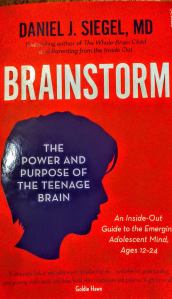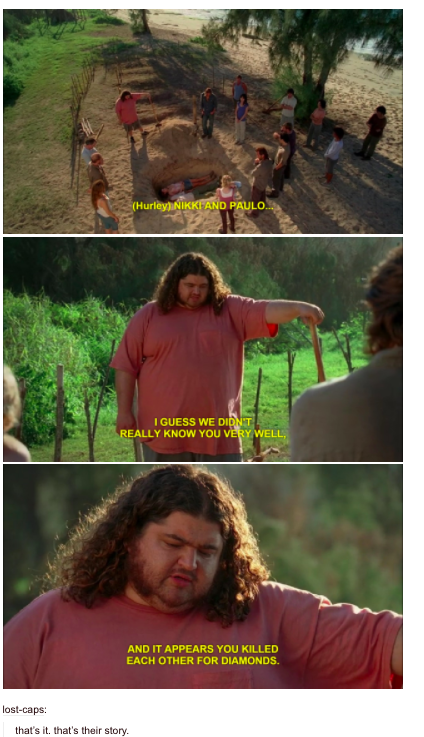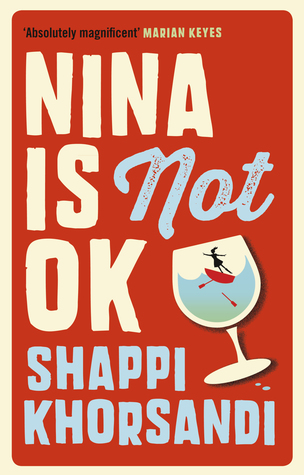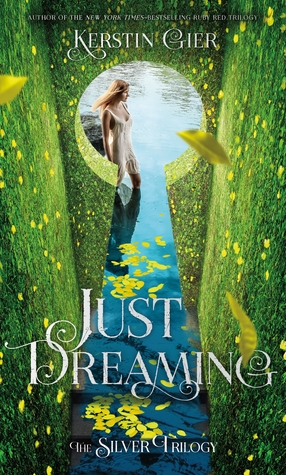
Author: Daniel J. Siegel
Finished on: 27 July 2017
Where did I get this book: This was a gift from an amazing, thoughtful and kind friend
I know I am deeply boring when I talk about my daughter, so I will try and keep this to a minimum. She is the coolest person I have ever met. I have vast respect and admiration for her, and the person she is becoming. For these last 11 years we have enjoyed a close bond that is absolutely top of the list when it comes to things that make my life fulfilling.
But, in amongst all the joy, the truth is that a shadow is looming.
Slamming doors. Rolling eyes. Mobile phones. Make-up.
Puberty is upon us.
It scares me. This is the time when my own relationship with my parents started to go horribly wrong. And I am terrified of history repeating itself.
While a good ninety percent of the time we still have an awesome time together, the arguments are becoming more frequent. I don’t recognise her sometimes. And worse than that, I don’t recognise the mother I am in some of my responses to her.
Over wine with a very good friend recently, I may have got a little bit emotional talking about it. So, this marvellous friend sent me this book. Daniel J. Siegel is a professor of psychiatry, and he approaches the challenges of adolescence through the lens of the changes that happen in the brain during this time.
There is a deeply cheesy tone to a lot of the book that I struggled with. And a tendency to switch from evidence-based theses and scientific rigour, to the highly personal musings of a parent, without being clear where the boundaries lie between these things. This is also a man who can make an acronym out of just about anything – to the point that I lost track of most of them.
But all the cheesy acronyms in the world don’t change the fact that this book is wonderful.
Siegel’s basic principle is that adolescence is not just a challenge to be overcome, but a unique time in human life with a specific evolutionary purpose, and many positive aspects that we would do well to value and hold onto. Pushing boundaries, taking risks, taking emotional roller coaster rides. These are all things that it’s natural and right to do during adolescence.
Neuroscientifically, Siegel describes the brain during puberty as a construction site. In order for new things to happen, some other things are disconnected for a while. This means the challenging behaviour of a highly-strung pubescent person is not just wilfulness and hostility; some of the time they literally cannot make the connections that we’re asking them to. It is weirdly helpful to know that, sometimes at least, when my daughter seems irrational, she genuinely can’t help it.
The book is a combination of the theoretical and the medical (I’ll admit to skimming through some of the more detailed descriptions of brain physiology), with the practical. I found myself discussing it with my daughter and her friends as I was reading, and even arbitrating in an argument between them by reading out the section on ‘flipping out’, and how this should be dealt with with compassion, both towards yourself as an adolescent (and towards your fellow-adolescent friends), and by parents towards our beloved children. I got some furrowed brows when I told them their brains were construction sites, but they were snuggled up together under a blanket watching Harry Potter five minutes later, so I think it may have helped.
It is all very comforting stuff. Our job as parents is to be the best safe harbour and launch pad we can be for our children. We don’t need to worry too much that they are going off the rails while these extraordinary changes are underway, and we shouldn’t try to mould them, and force our own expectations on them.
Siegel asks us to pay real attention to who they are, and the young adults they are becoming, and to openly demonstrate respect for that person. This is can do. I think. Most of the time. If she’d just occasionally tidy her room.
So, while I could never describe my daughter as normal, it is reassuring to know that the changes she is going through are just that. This book has helped me to feel less daunted, and rather to get excited about my job supporting all the exploration of the world, and all the creativity, that this spectacular person has ahead of her.
Their preciousness is immense and terrifying, and they don’t come with manuals – but maybe this book could be the next best thing.
I love Siegel’s view that adolescence is an important and valuable time off life, different but not necessarily inferior to, the more staid approach we tend to adopt during adulthood. But it turns out that a certain young writer had this figured out over 150 years ago. I have been reading Elizabeth Gaskell’s The Life Of Charlotte Bronte on and off for a while, and after finishing Brainstorm, I reached a letter from ‘Mr Bell’ to a young fan.
I will leave you with theses words of wisdom, from 1850, that sum up Siegel’s premise.
Advertisements Share this:What, that perhaps ten years hence, you may smile to remember your present recollections, and view in another light both ‘Currer Bell’ and his writings? To me this consideration does not detract from the value of what you now feel. Youth has its romance, and maturity its wisdom, as morning and spring have their freshness, noon and summer their power, night and winter their respose. Each attribute is good in its own season.





